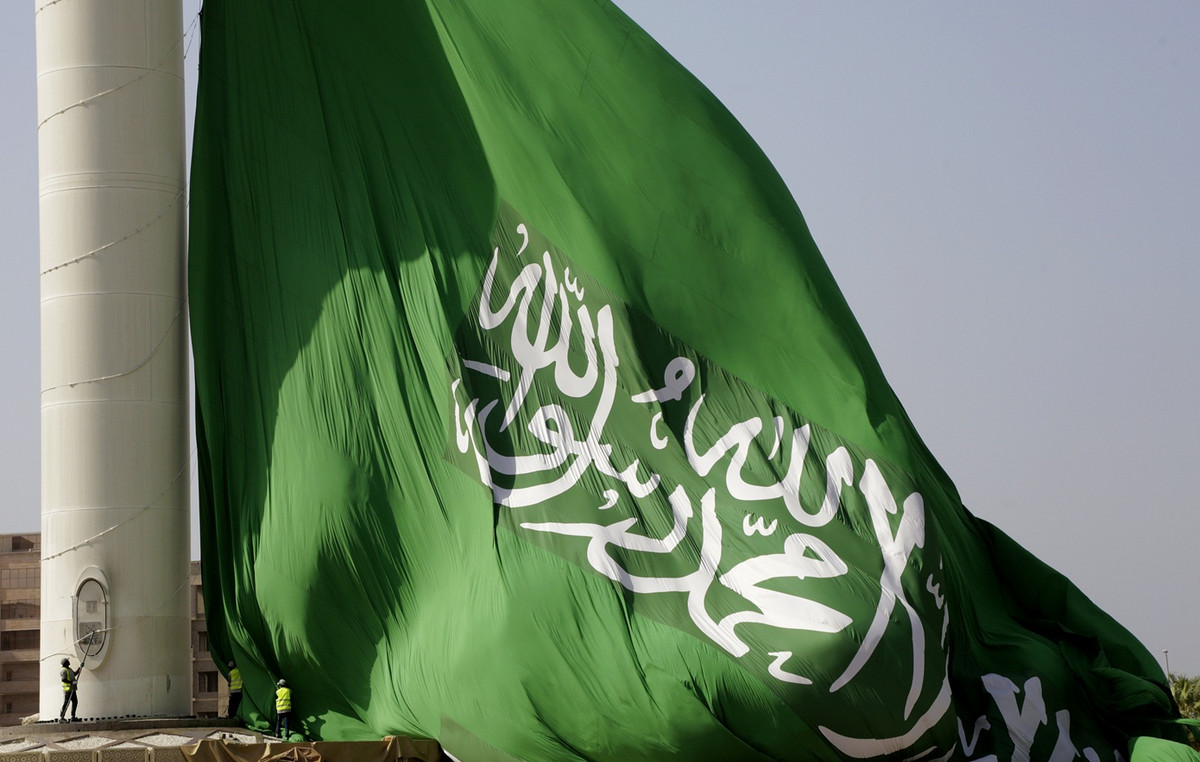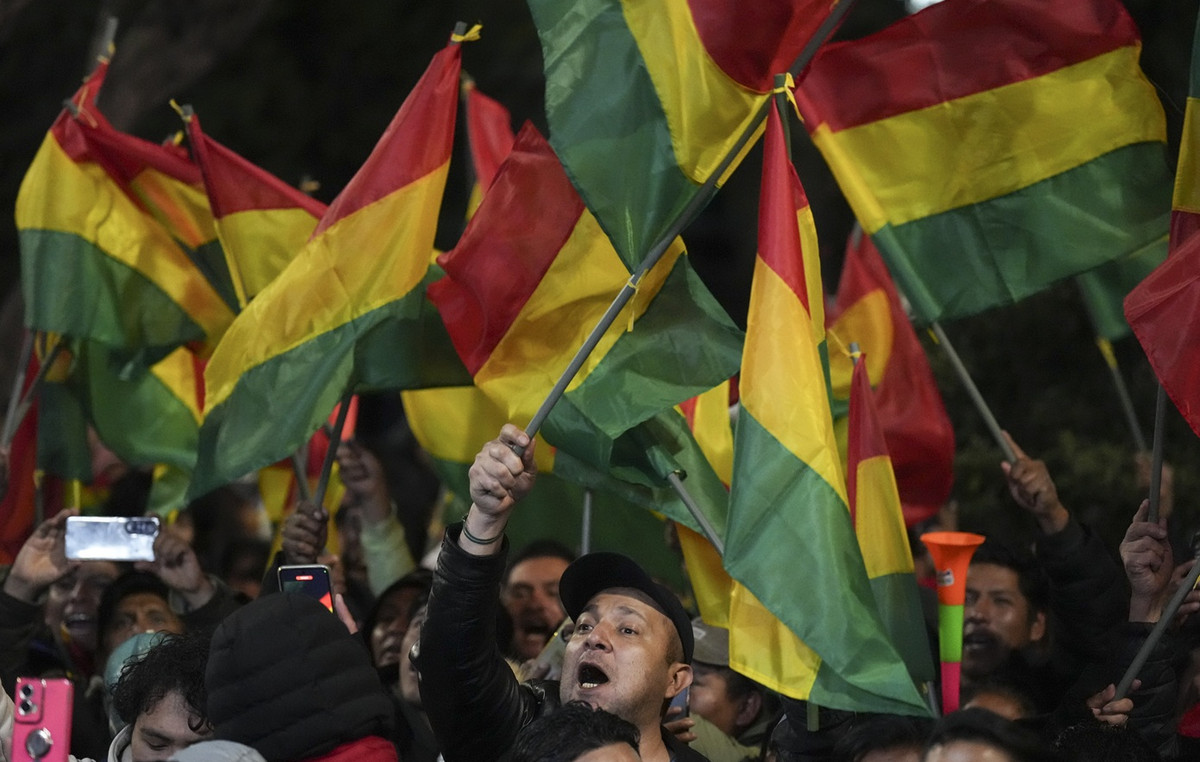In the twilight of the Soviet Union, Yevgeny Prigozhin was languishing in prison for theft. Now, as the founder of Russia’s most powerful mercenary group, he is vying for favor with Vladimir Putin by claiming a rare battlefield victory in Ukraine.
Its main objective is to leverage the success that the Wagner Group, its mercenary group, had this week in driving Ukrainian forces out of the salt mining town of Soledar, a move that revives Russian plans to seize more parts of eastern Ukraine after several defeats.
Russia claimed victory on Friday after Ukraine said its forces were holding up after a “hot” night of fighting. Reuters could not immediately verify the situation in the city.
Prigozhin, 61, who is sanctioned by the West and portrays himself as a relentless patriot, posed in combat gear with his men at a salt mine deep in Soledar and said they were fighting alone, a claim disputed by state officials. Russian defense.
The Kremlin on Thursday spoke of the “absolutely heroic selfless actions” of those fighting in Soledar. The Defense Ministry attributed the victory on Friday to its airborne units, missile forces and “artillery from a grouping of Russian forces”.
Prigozhin said Russian authorities were not giving his forces enough credit.
“They constantly try to steal victory from PMC Wagner (a private military company) and talk about the presence of other unknowns just to belittle the merits of the Wagner group”, he complained.
Some commentators have said he could one day be named defense minister, but it’s not entirely clear how much clout the St Petersburg businessman has gained under Putin, who tends to balance factions with a divide-and-rule strategy.
“A New Hero”
Prominent Putin supporters, some with access to the Russian leader, have compared Prigozhin’s progress with what they say has been a less impressive performance by the regular military.
Sergei Markov, a former Kremlin adviser, hailed the shaven-headed mercenary boss as “a new hero”.
“Prigozhin also has flaws. But I won’t talk about them. Because Prigozhin and Wagner are now Russia’s national treasure. They are becoming a symbol of victory,” Markov wrote on his blog, saying they should receive more state funding.
Margarita Simonyan, editor-in-chief of the state channel RT and close to the Kremlin, thanked Prigozhin for Soledar.
Abbas Gallyamov, a former Kremlin speechwriter, suggested in his blog that Prigozhin was maneuvering in case Putin removes Defense Minister Sergei Shoigu, 67, his longtime ally.
Prigozhin has played down the idea that he is seeking official elevation in the past, but he has not emphatically dismissed it. Its press service and the Kremlin did not immediately respond to requests for further comment.
Putin said Wagner does not represent the state and is not breaking Russian law and is entitled to work and promote his business interests anywhere in the world.
Prigozhin, dubbed “Putin’s Chef” by Western media because he once ran a floating restaurant in St. Petersburg where Putin ate, has a lot to gain or lose.
He has his own future to consider in a time of turmoil, as well as the business interests of Wagner, who Russian officials say has military and mining contracts in Africa and is active in Syria.
It also has a vast catering business that serves state entities as well as farms and media.
“In essence, he is a private entrepreneur who is highly dependent on how his relations with the authorities are structured. This is a very vulnerable position,” said Tatiana Stanovaya, founder of analytics firm R.Politik.
Attending a Wagner training course this month by the governor of Russia’s Kursk region, which borders Ukraine, seemed like another way for Prigozhin to increase her connections, she said.
convict recruitment
Russia has allowed Prigozhin to recruit tens of thousands of convicts from their prisons for Wagner, who US officials say is a force of 50,000 men, and allowed him to equip them with tanks, aircraft and missile defense systems.
It also abstained as he hurled sometimes profane criticism at top brass, although some Western military analysts suggested that the appointment of the most senior general to lead the war in Ukraine was designed to balance his influence.
Before the invasion of Russia, which Moscow calls “a special military operation”, Prigozhin denied his connection to Wagner. In September, he said he founded the mercenary group in 2014.
Despite his sometimes publicly strained ties with the Russian defense ministry, some Western military analysts suspect Wagner is closely linked to him.
Leonid Nevzlin, a former Israel-based executive at the Yukos oil company who he says was illegally appropriated by the Russian state, something he denies, said this week there was a risk that Wagner would wrest control of the Kremlin.
A source close to Russian officials, who declined to be named because he was not authorized to speak to the media, said the Kremlin sees Prigozhin as a useful operator but maintains unspecified safeguards over leaders of armed groups.
“There is a (growth) ceiling and mechanisms in place,” said the source, who declined to provide further details.
Source: CNN Brasil
Bruce Belcher is a seasoned author with over 5 years of experience in world news. He writes for online news websites and provides in-depth analysis on the world stock market. Bruce is known for his insightful perspectives and commitment to keeping the public informed.







